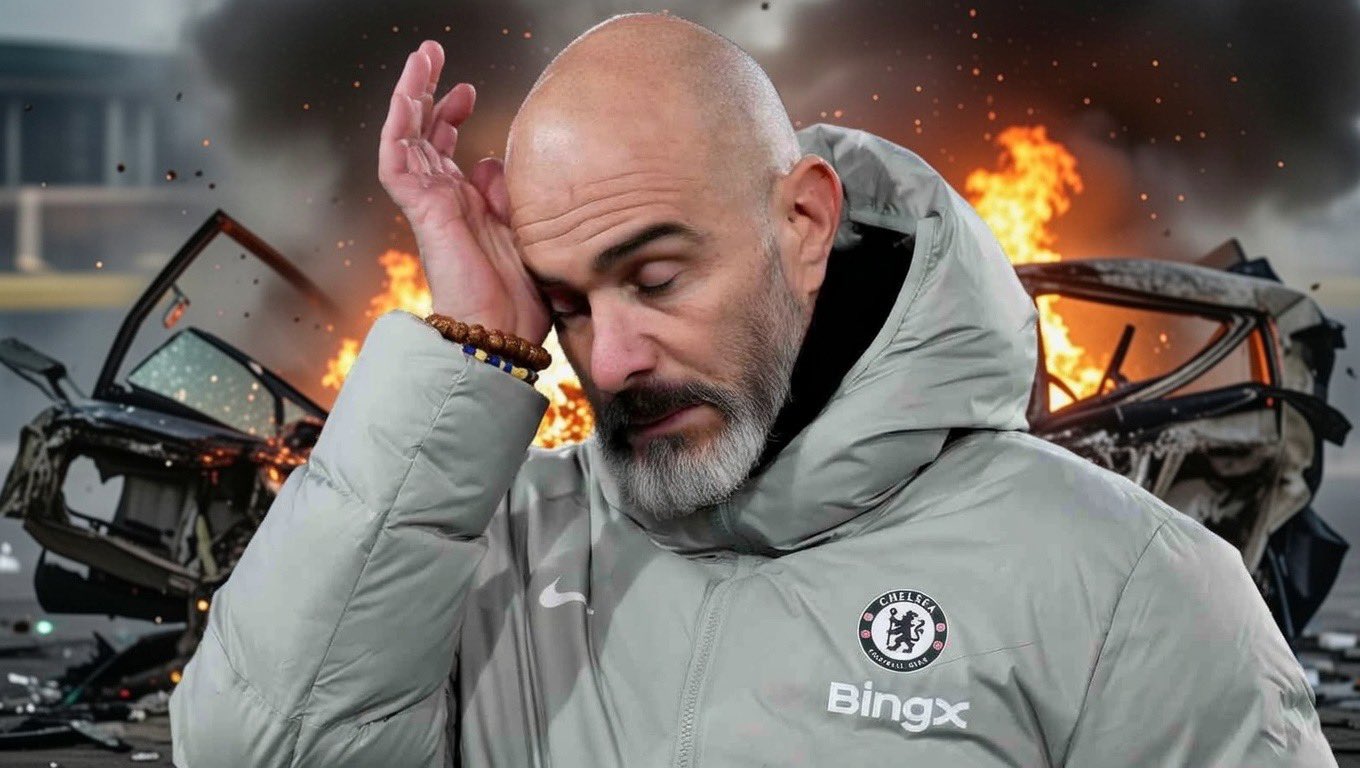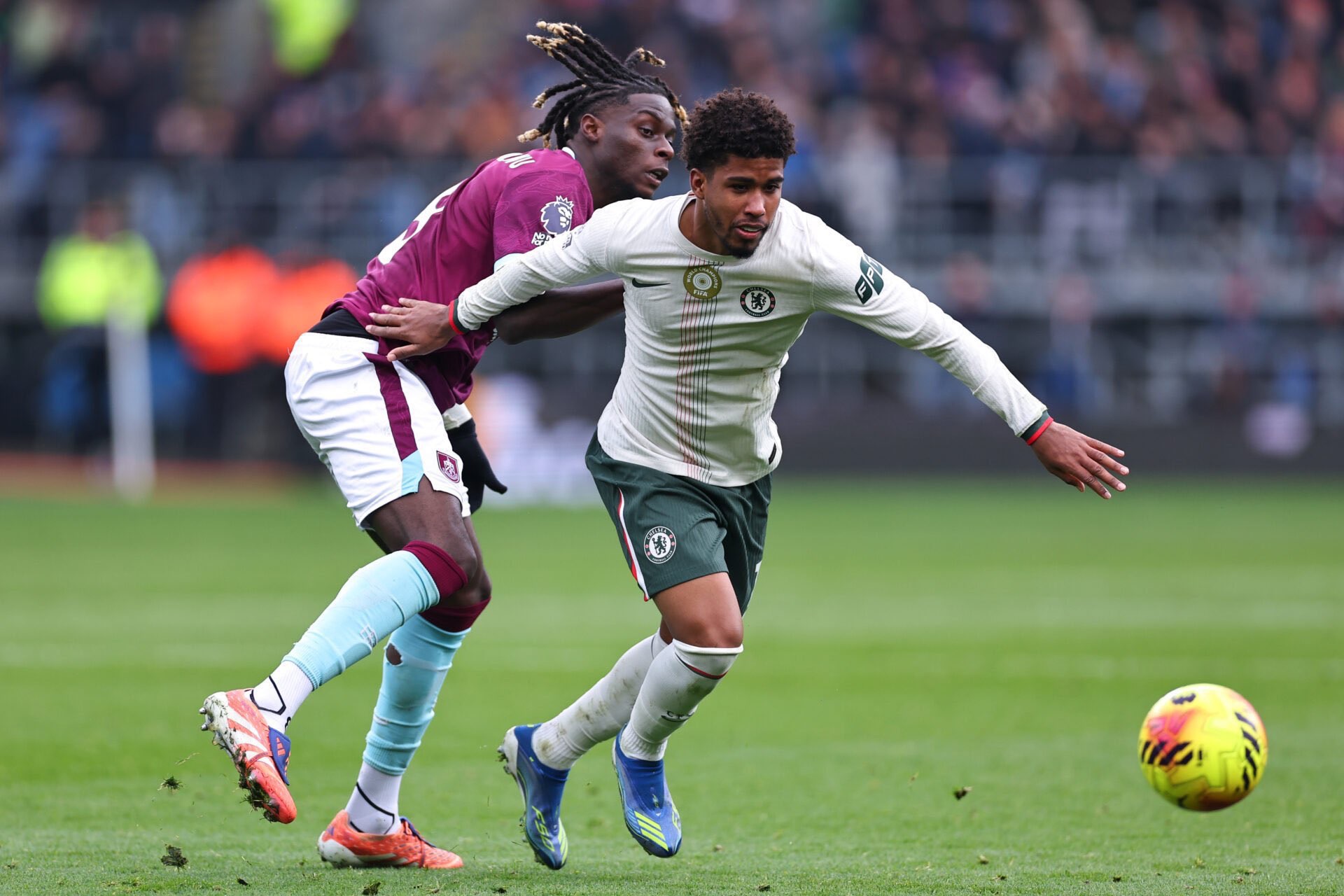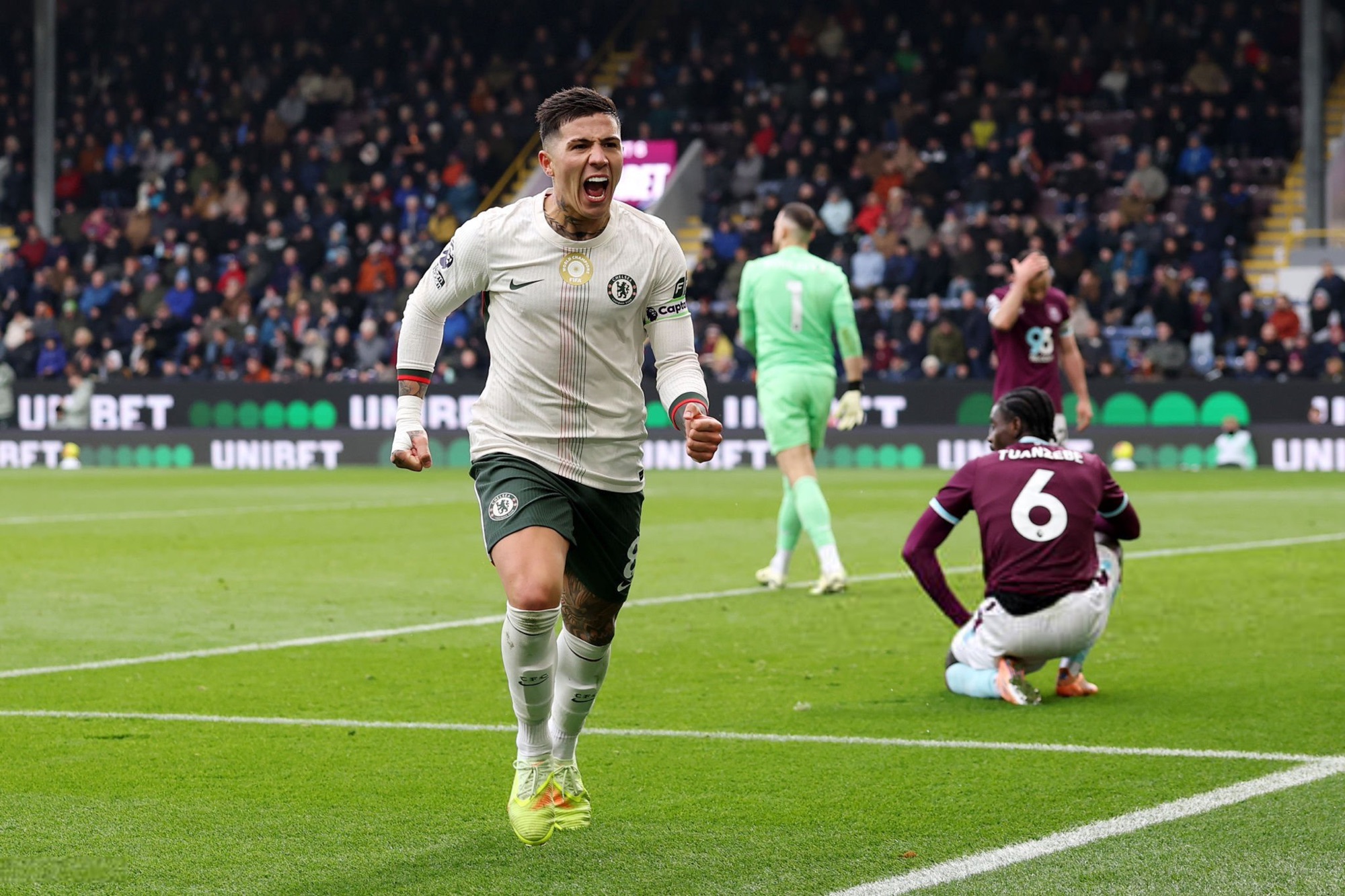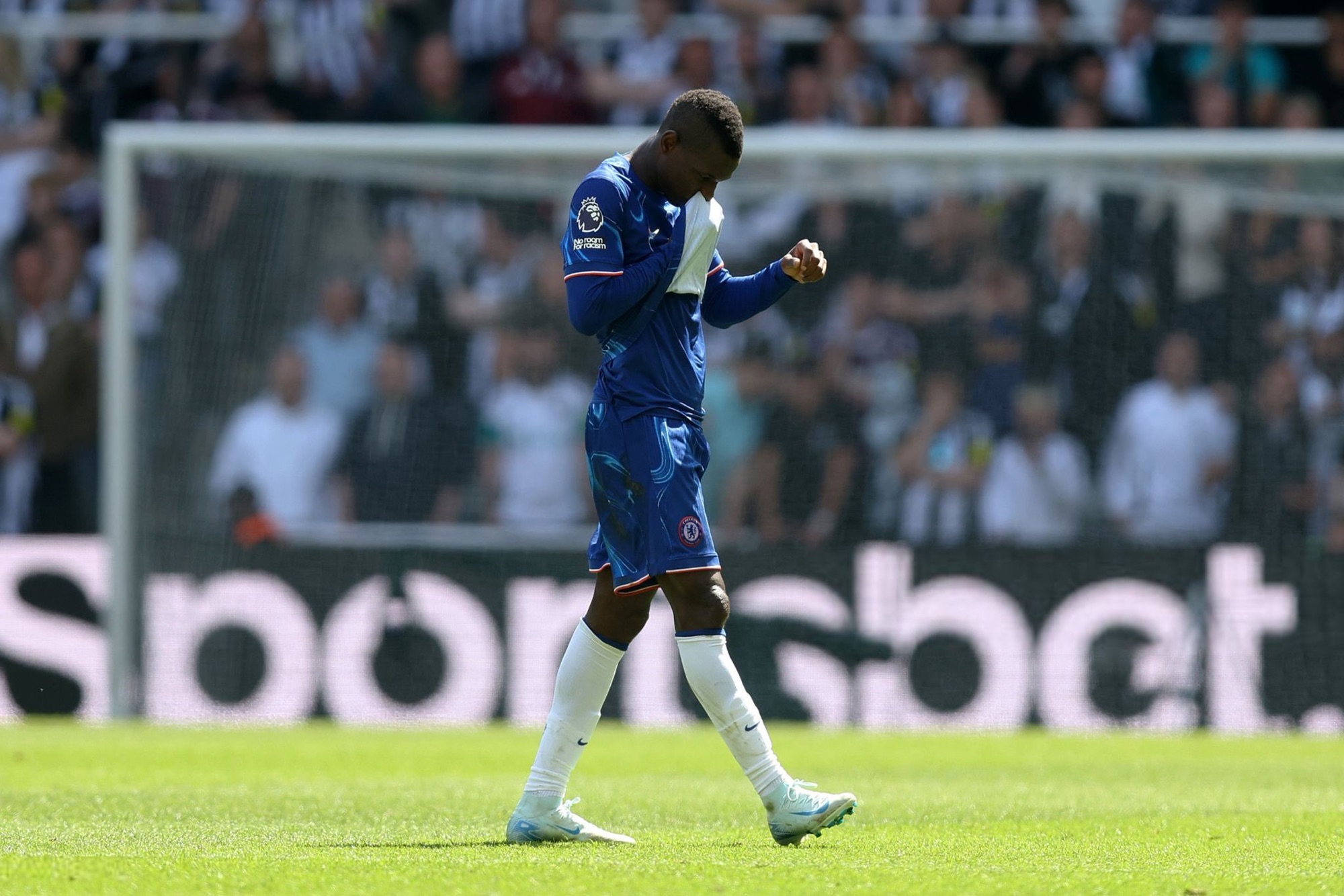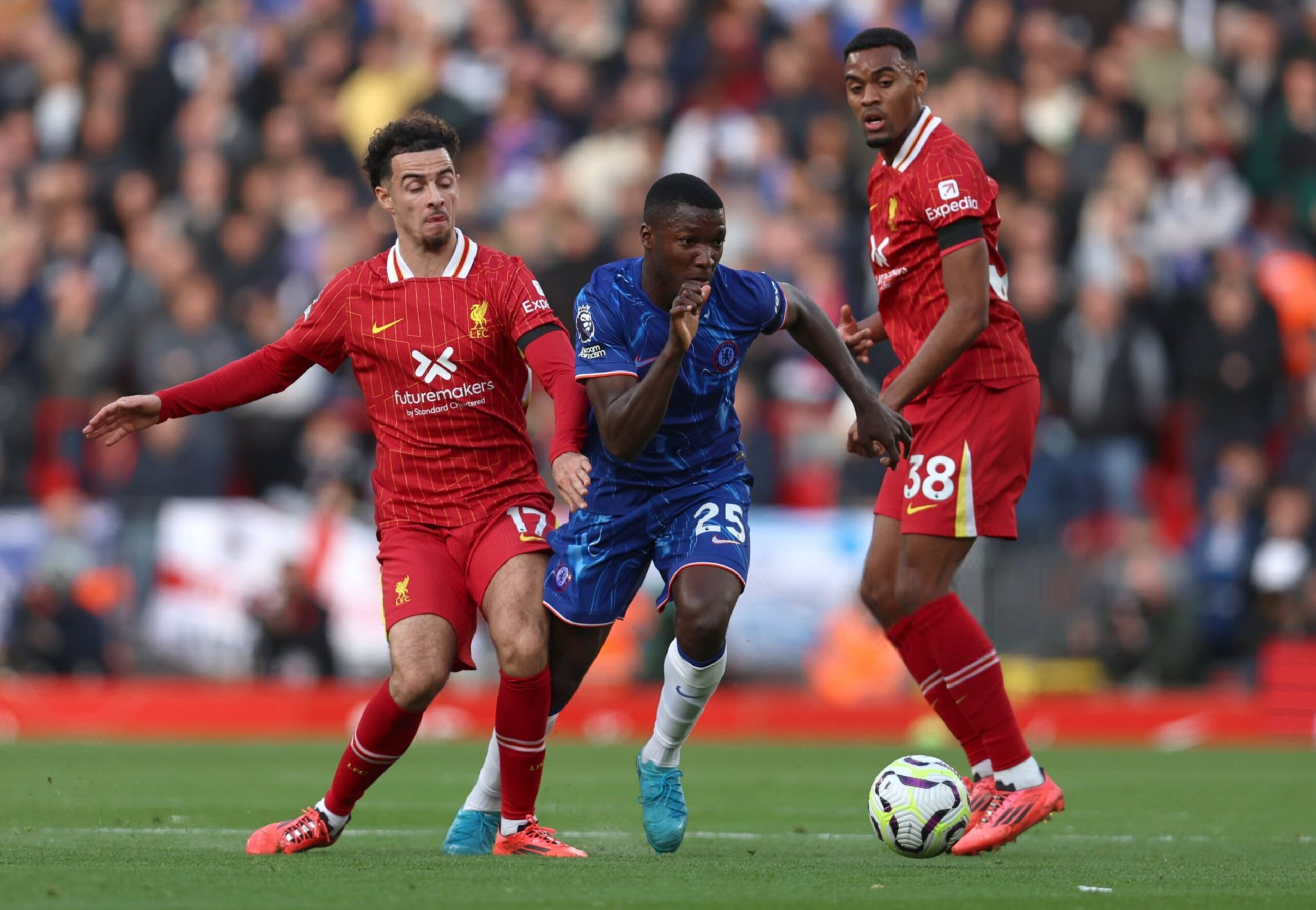Chelsea head coach Enzo Maresca has guided Chelsea into 3rd position in the Premier League heading into the International break, but is it all as rosy as it seems?
In this article, we will attempt to dissect both the positives and negatives of the season so far.
I have always been a firm believer in not judging a manager until at least November for a variety of reasons. New manager bounce is a thing.
Maybe it isn’t and the manager needs to adapt which means they’ll come good later on. Maybe they join and their system is flying until it gets found out, then how do they adapt?
All things considered, it’s pretty pointless to be raving on whether a manager is a good appointment or not until November/December time.
Given we are now in November, maybe now is a good time to assess how well Maresca has handled the insane demands of the Chelsea job.
So what has he done well?
Tactical set ups
Chelsea have started with a variety of setups this season and none of them have been explicitly bad. In fact, most of them if not all have been optimal for the game ahead.
Maresca, rather surprisingly, has been extremely pragmatic in his approach to games.
For example, the first game of the season against Manchester City we build with a 3-4 (Sanchez joining the first line). This is, alternatively, interpreted as a 4-2.
Then, in matchweek 3 against Crystal Palace, we built with a 4-0 completely vacating the pivot area and relying on progression outwide.
Palmer, in the image above is dropping in to take a man with him.
Then later on in the season, we went back to a 4-2 in buildup including the goalkeeper.
Then in the most recent game against Arsenal, we built effectively in a 4-2-2-3 with the idea being that Gusto and Palmer as 8s drop in to move around the Arsenal block to create room for us to progress into.
The point is, there are variations every game making it hard for opposition teams to press us.
This is a common feature of positional play in which game plans will change game-by-game to best provide us an advantage tactically.
Not to say previous managers were not keen on varying their build-up structure, the variations just weren’t very effective.
Another interesting feature of the varying setups is our approach to pressing and defending each game. We consciously give up possession and ‘control’ for ‘control’ in other ways.
The most obvious examples of such was against West Ham and Brighton where we opted to absorb pressure and strike on the transition against two teams with questionable out-of-possession (OOP) approaches.
We scored seven goals against both those teams combined.
This pragmatism is a somewhat refreshing approach compared to our consistent setups last season at times in the season where we opted to go gun for gun in games where we really needed more control (hence the ridiculously high-scoring results we saw last season).
We control the games we need to control, like against Liverpool, as the opposition may be equally as dangerous in transition.
This is not something we recognised last season and contributed to why we got battered 4-1 at Anfield.
Overall, the tactical set-ups have been more than competent and have often provided the players with the best platform to get a result.
Man management
Another big positive of Maresca so far has been his performance in how he’s dealt with everything off the pitch, aka man management.
Chelsea, most of the time, is eerily reminiscent of a sitcom with the amount of chaos off the pitch.
Maresca has dealt with frankly crazy situations ranging from a civil war within the ownership to blacklisting certain players incredibly well.
He also says, most of the time, the right things in press conferences, which is a big plus also with the fans.
Unlike his predecessors, Maresca has maintained a high standard and continued to stay true to his principles though obviously, it is only November.
We’re third in the table
Rather obviously, our league position at the time this is being written is a massive positive for Maresca’s reign so far.
We’re third after having the third hardest first ten games in the league.
This is best illustrated in the images below from Opta Analyst.
The next ten games are also definitely challenging, but they’re a lot simpler than the ten games we have just played.
One would think we would at least win seven or eight of those matches based off what we have seen this season.
Remember that it was these games last season that cost us top 4 – we would drop points at home to Burnley and Sheffield United away, 4 points which would’ve had us 5th.
Maresca has platformed well, set up the team well, and has us in a good place to really push on into an ‘easy run’ of games.
If we keep up the trajectory we could be comfortably in the top four positions by January.
He has handled affairs well and he seems to be able to take the pressures of Chelsea on the chin which is a pleasant characteristic, given the last two permanent managers.
But what has he done badly?
Platforming
Yes, I have just said Maresca platforms well. But he also platforms badly.
The answer to how well he platforms isn’t necessarily as two dimensional as ‘yes he’s done it well’ and ‘yes he’s platformed badly’.
The premise of what I am saying originates in the positioning of Malo Gusto to be occupying the right half-space and right-sided 8 position.
Again, it’s ingenious, but it also limits what Malo Gusto can actually do. It provides us a brilliant structure to enable counter-pressing and enables us to be way safer defensively than what we otherwise would be but it also reduces Cole Palmer’s influence on the game.
Palmer is more clinical when shooting off the left but he is more productive overall when operating off the right. Gusto being almost inept in the positions he frequently finds himself in also means teams do not bother marking him anymore, allowing them to focus on neutralising Palmer’s influence on games.
So, this is why generally the idea is a brilliant one but also a limiting one as well and I believe Maresca knows this. I don’t think he will operate Gusto like this in smaller games, but only time will tell.
Besides this, the general platforming has been brilliant by Maresca.
Usage of Felix and Nkunku
This isn’t particularly a negative but more of a personal opinion on whether or not Nkunku and Felix have been utilised as much as they should have.
My take is no, but others may agree with what Maresca has been doing.
Both are fine as both players certainly have their negatives, Felix operates brilliantly and best in the 10 position but lacks the work rate and ability to enable top class counter-pressing which we would need in the games we have played so far.
Nkunku would also operate brilliantly off the striker and in the 10 position but also lacks the work rate and ability to enable top class counter-pressing.
However, I feel as though both should come off the bench a lot more especially in settled game states.
Yes, I appreciate that the need for both of them has been minimal in the games we’ve seen so far, but I think that if we don’t see them being used more in the coming games then I’d definitely describe that as a ‘negative’, so to say.
As of now, I wouldn’t say it’s something to be massively worried about but something to keep an eye on for the next 10 games.
Underlying metrics
Unfortunately, our underlying metrics have been questionable to say the least.
It isn’t something I am particularly worried about due to the difficulty of the games we’ve played, but they aren’t great.
It is important to also take into account that the majority of negative metrics have been caused by elementary-level errors as opposed to an underlying problem with personnel or system.
For example, we have conceded almost 3.2xG from penalties this season and 0.36xG from Robert Sanchez errors against Brighton.
We’d have the 3rd best defence in the league xGA wise if it wasn’t for these errors.
We’re also 6th in expected points, according to Opta. However this again is understandable due to the difficulty of the fixtures we have faced.
The more concerning metric though is our extremely high shot conession. This is partly structural, though mainly an issue as a result of our personnel.
We still concede too many shots. Ideally, we’d want to be in and around 10 shots against per game.
The shots against have come down recently when playing Lavia in the midfield and Gusto in the right half-space as it provided us increased physicality and protection on transition.
Varying game states also have an effect such as in the West Ham game where we sat back and absorbed pressure – this naturally would result in conceding more shots against.
Our press is also not as good, though this again lies on differing game plans and game states.
There, ironically, aren’t really any ‘overall negatives’ though. All things listed are generally isolated criticisms that, with context, aren’t even really a criticism.
This, in part, is due to the fact that we’ve generally had pretty tough fixtures and so it would be unfair to criticise Maresca and the team for what has happened so far.
It will be easier to analyse Maresca for his short-falls after a run of easier games, as is what is coming up.
A quick word on the game against Leicester and why I don’t think we can review the game fairly in the event of a defeat…
The game against Leicester is a game in which we should definitely be winning but it is also a game I would not be too harsh on Maresca if he were to come out with a defeat.
Although Leicester lie pretty miserably near the bottom of the table, deservedly so, they will be playing out of their skin to prove a point to their ex-manager Enzo Maresca.
With the support of the crowd, the miserable feeling of a 12:30 lunchtime kick-off and a tired midfield trio of Moises Caicedo, Enzo Fernandez, and Romeo Lavia, the game may be a bit harder than it may appear on paper.
Despite this, it could launch the beginning of what is hopefully a good run of form in the ‘easier fixtures’ of the season.
An overall verdict on how good Maresca’s Chelsea have been :
Good. There’s still, obviously, a lot more to come but on the whole, he’s done as he should.
He hasn’t excelled but he also hasn’t really left much to be desired either, we are on a good track.
You can mention the Robert Sanchez situation and you can mention the criticisms I gave earlier but they rest more on the squad composition and less so on Maresca.
I think, ultimately, he’s done well given what he’s been given.
7/10.
(This is an improvement on Pochettino and Potter, who at almost the same time of comparison would have been on 6/10 and 4/10 respectively.)


